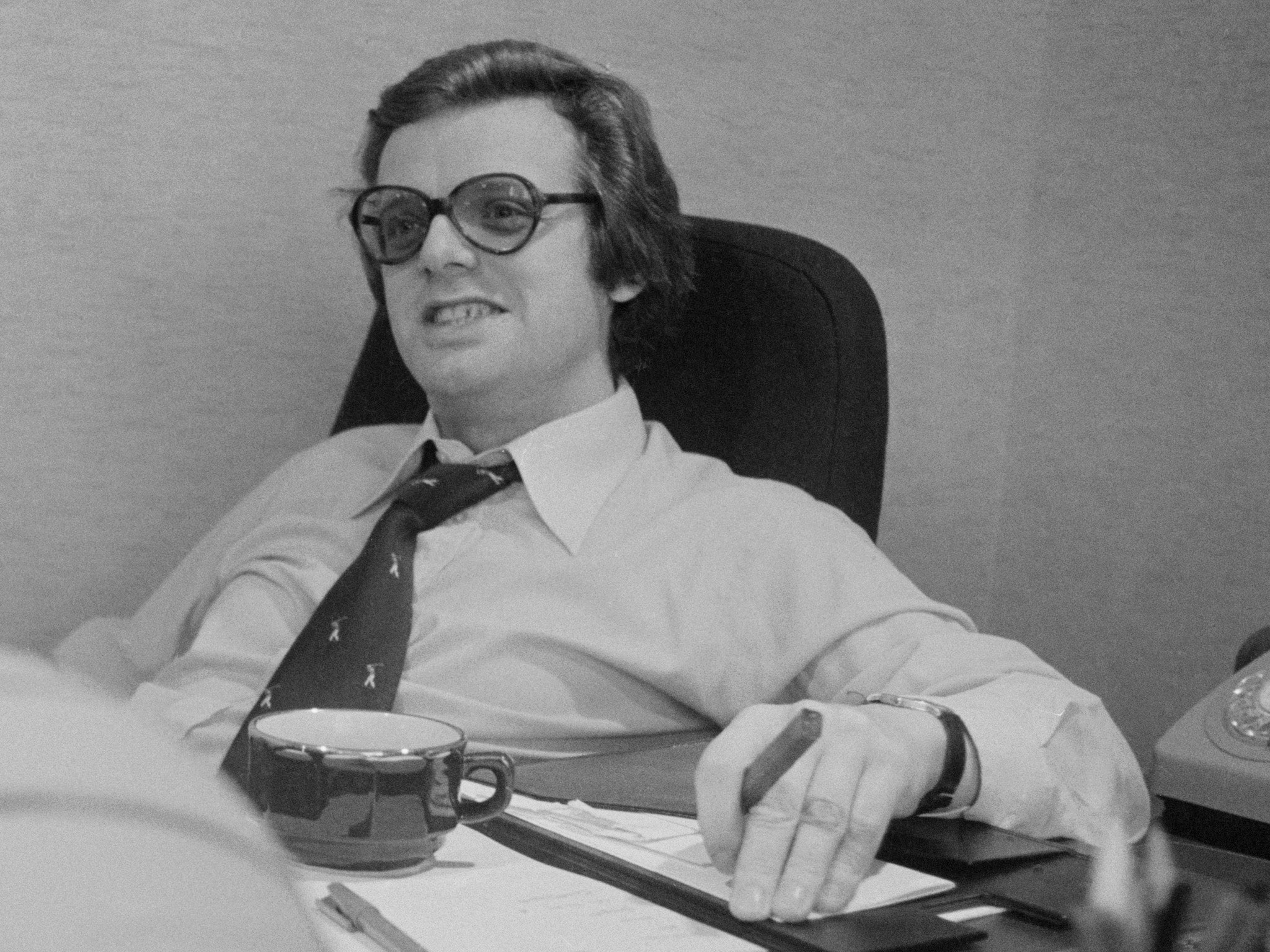
Michael Grade, the television executive and Conservative peer, has been chosen as the government's preferred candidate to be the next chair of Ofcom.
Culture secretary Nadine Dorries said the 79-year-old – who has held senior positions at the BBC, ITV and Channel 4 – was an “ideal candidate” for the £142,500-a-year role after a protracted search that has lasted two years.
Ms Dorries said she was “delighted” to back Lord Grade for the job, citing his “experience at the highest level of a number of broadcasters and his expert knowledge of the British media landscape”.
The 40-plus-year veteran of broadcasting would be taking over at Ofcom as it prepares to broaden its regulatory remit to include online platforms such as Facebook and Google.
He faces a pre-appointment hearing before the Digital, Culture, Media and Sport (DCMS) committee.
Lord Grade said: “Ofcom is respected across the globe as a first rate communications regulator so I am privileged to be asked to become its chair.
”The role of Ofcom in British life has never been more important with new responsibilities on the horizon regulating online safety, on top of the ever changing broadcasting landscape.
“I look forward to my appearance in front of the DCMS Select Committee to outline what I can bring to this role and how I can help ensure Ofcom is fit for the future.”
During his career, Lord Grade has served as controller of BBC One, chief executive of Channel 4, chair of the BBC and executive chair of ITV plc.

He currently sits as a Conservative peer in the House of Lords after being appointed by David Cameron in 2011. He would move to the cross-benches and give up any non-executive roles that could cause a conflict of interest.
Lord Grade has spoken in favour of privatising Channel 4 and recently criticised the BBC's coverage of events such as the Downing Street parties as “gleeful and disrespectful”.
Earlier this year, he said the BBC's £159 licence fee was “too much money” and suggested the corporation should close channels to cut costs. Ofcom does not control the licence fee.
Last year he condemned the “woke brigade” and praised Laurence Fox as “a voice for those of us who are so sick of the intolerance”.
The process to find a new head for the broadcasting and telecommunications watchdog has been delayed several times since it began two years ago.
Two other Conservative peers, Charles Moore, former editor of The Daily Telegraph, and Lord Gilbert of Panteg, former deputy chair of the Tory Party, were both also reportedly in the running for the role before Lord Grade’s appointment.
Boris Johnson reportedly favoured Paul Dacre for the three-day-a-week role but the former Daily Mail editor was unsuccessful in his application.
Labour’s shadow minister for media Chris Elmore criticised the recruitment process as a “chaotic and quite frankly embarrassing example of Tory cronyism and ineptitude”.







